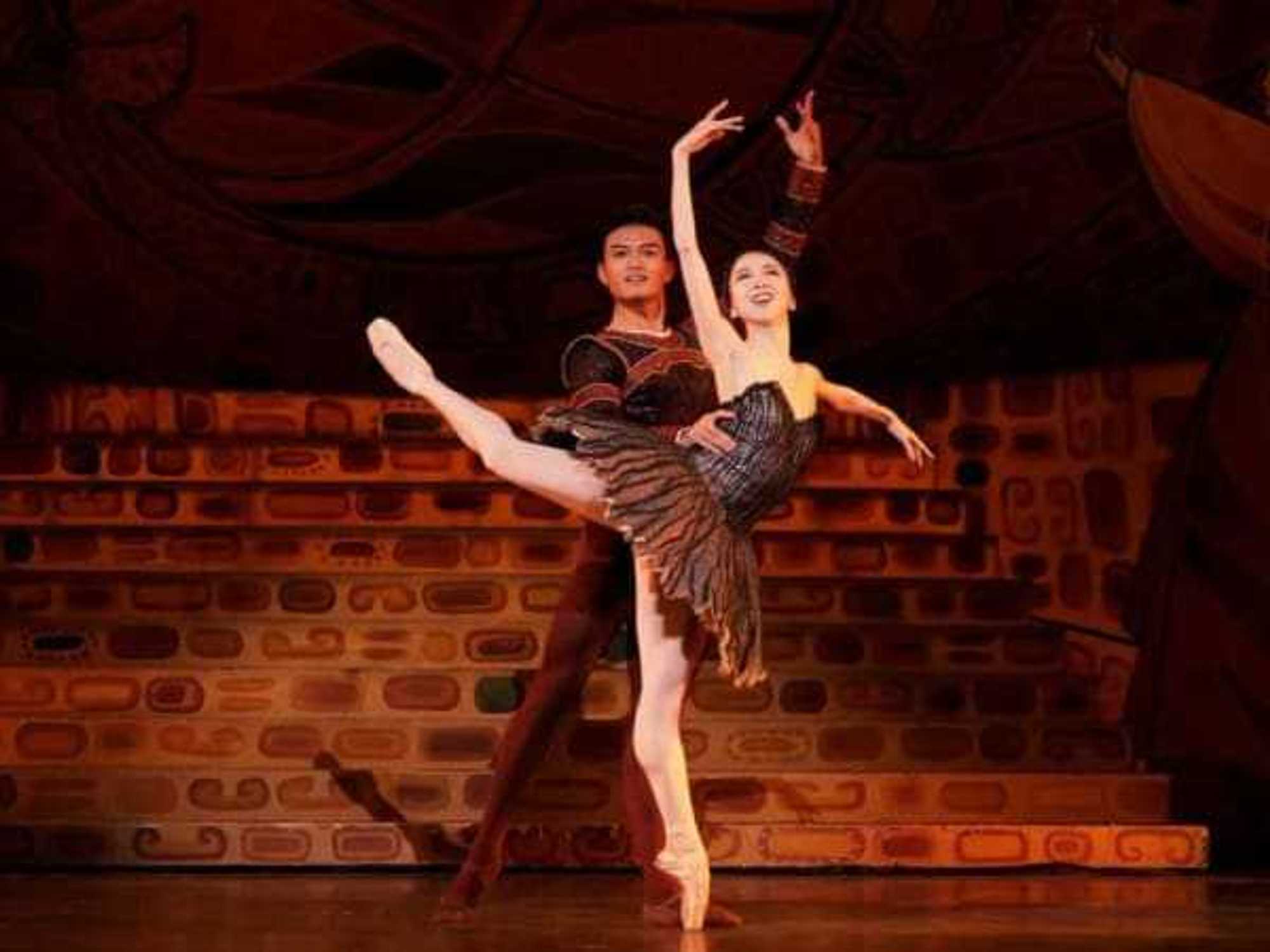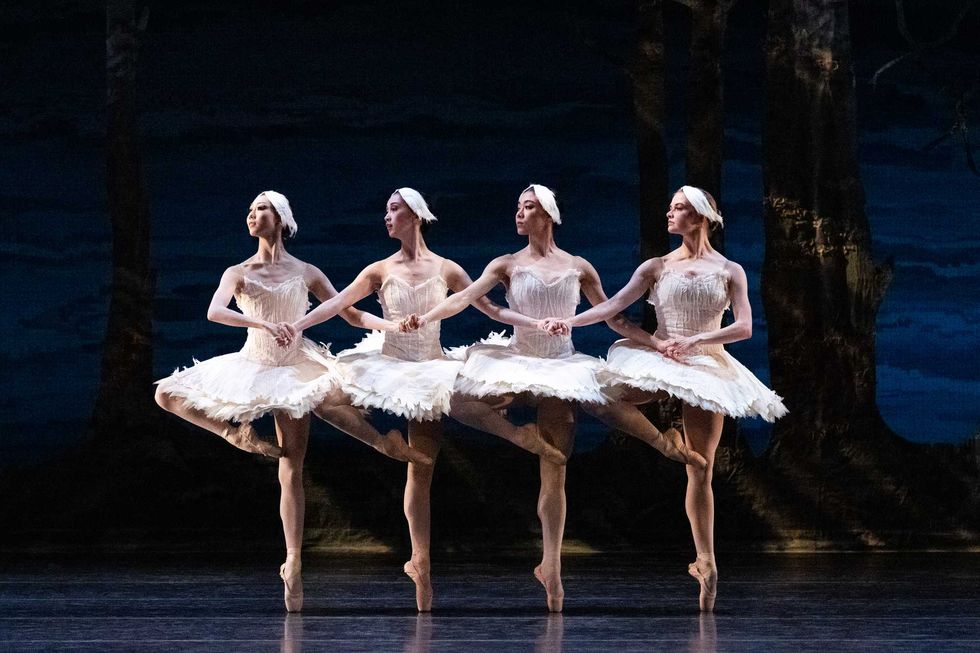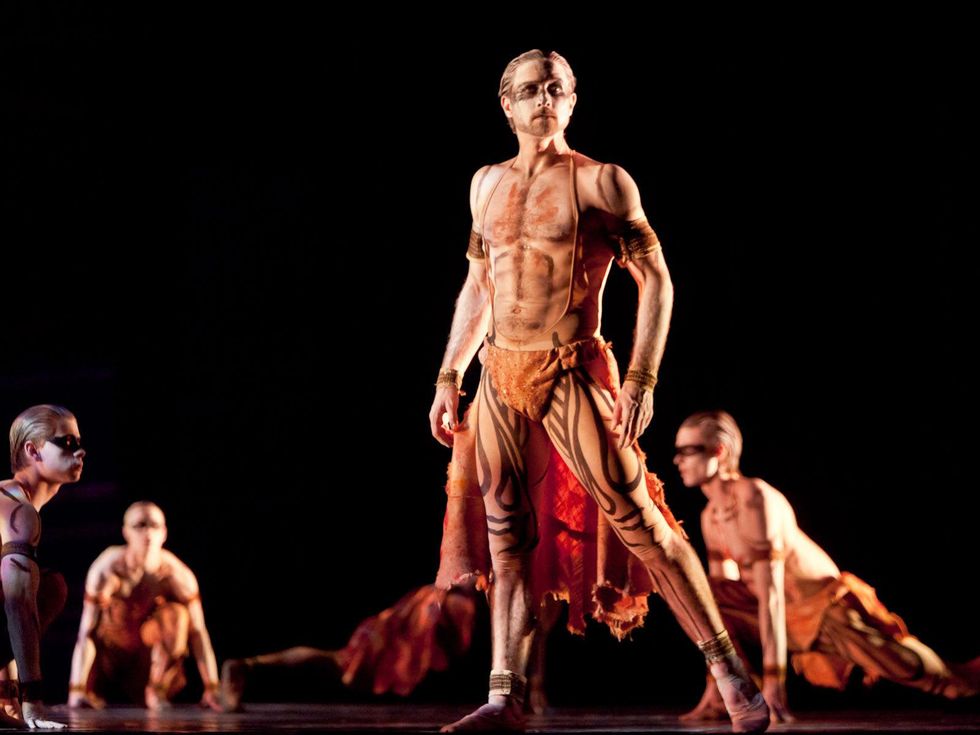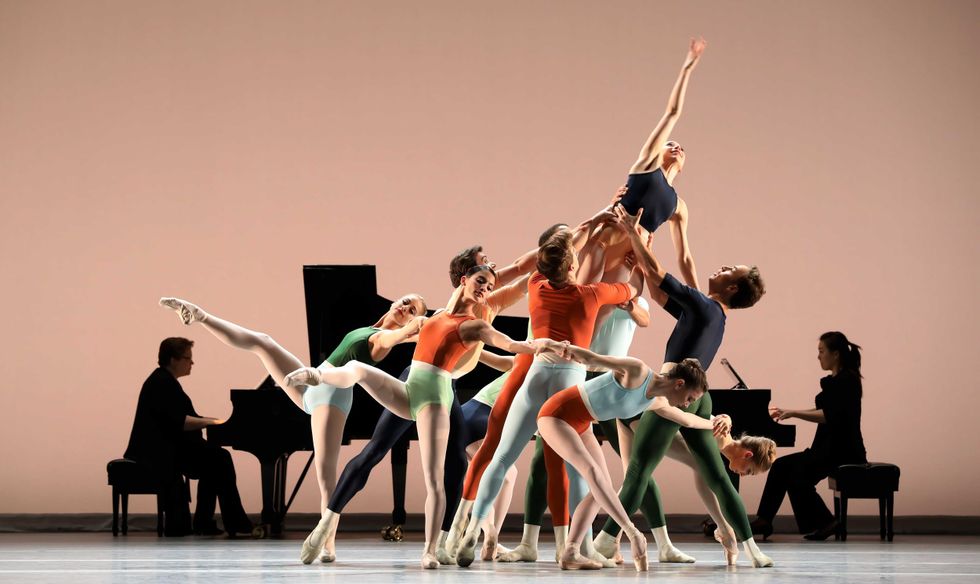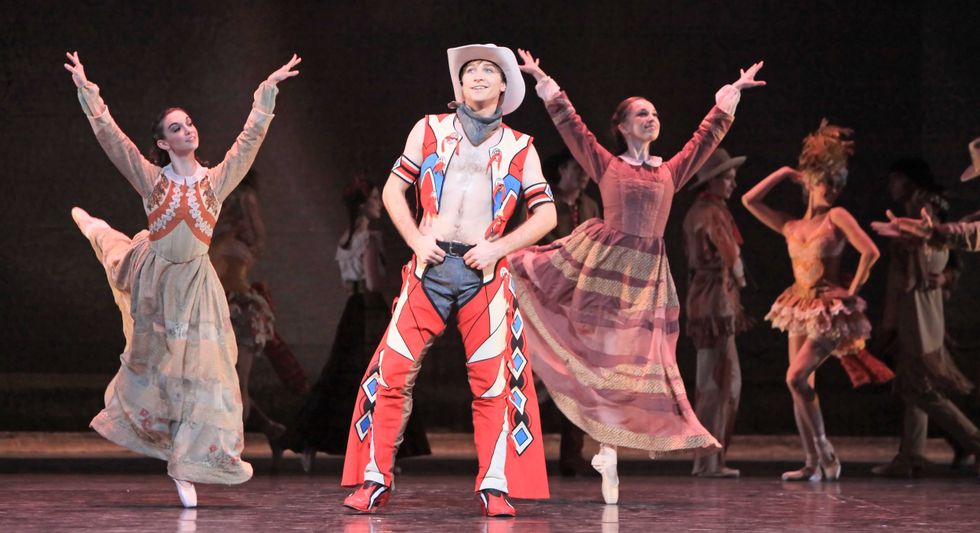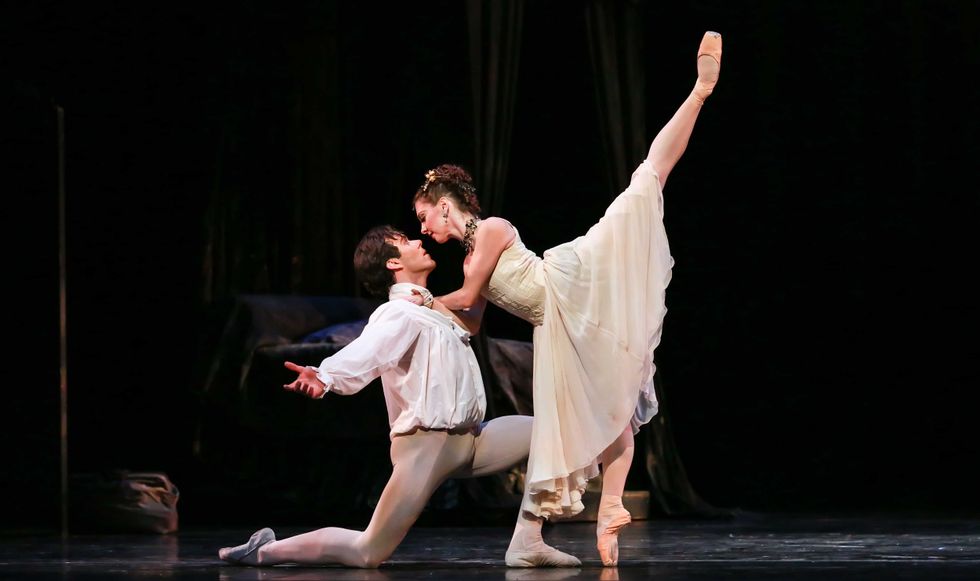The Review is In
A Houston Symphony high note: Kirill Gerstein moves audiences to tears,celebrates with a beer
 Kirill Gerstein
Kirill Gerstein Sergei Rachmaninoff
Sergei Rachmaninoff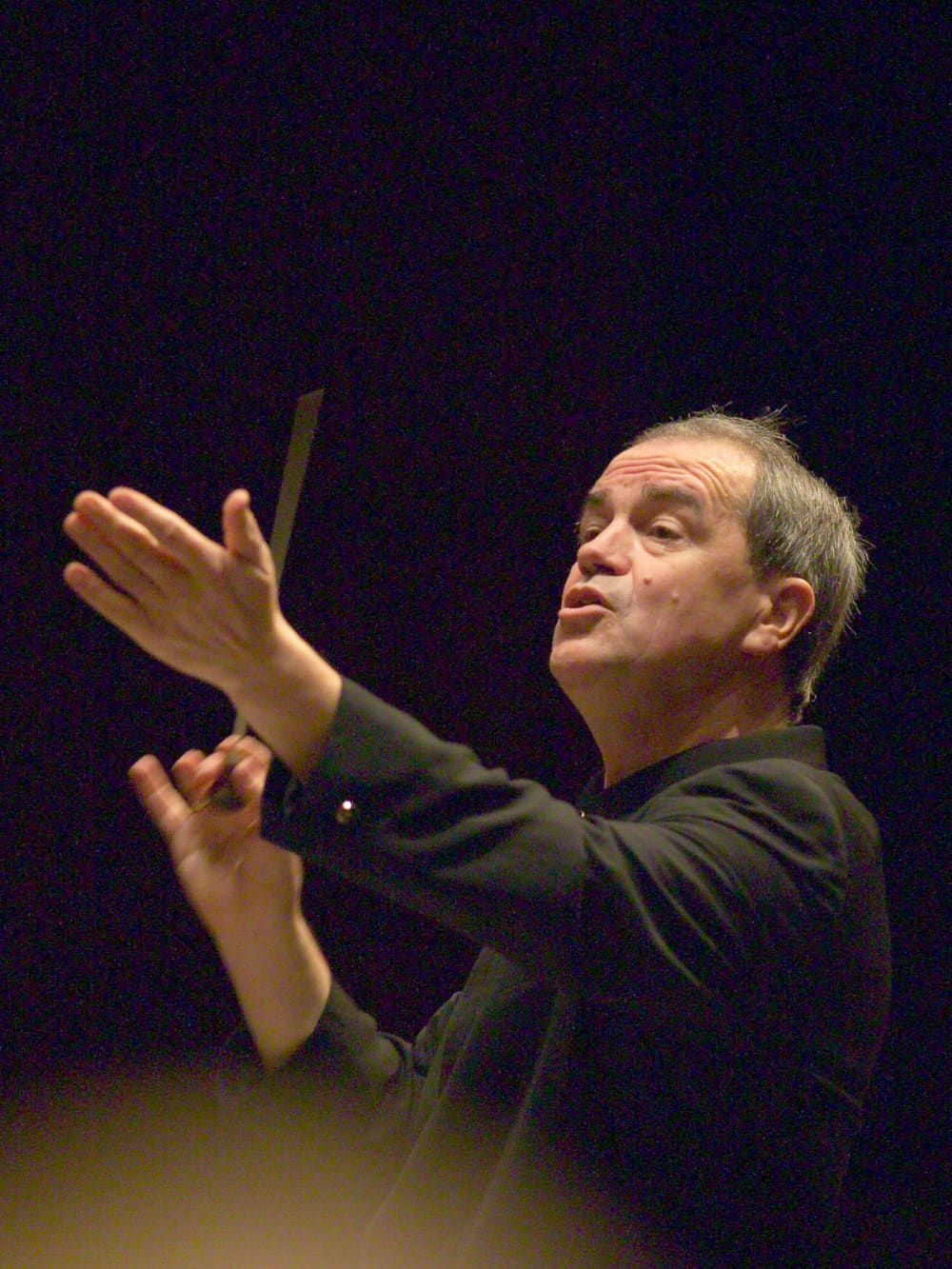 Hans Graf
Hans Graf
If there's anything that makes my musical blood boil, it's when the melodiously unlearned use the descriptor "song" to describe an instrumental work of any kind. Forgive me for pointing out the obvious, but a song demands singing and the literal act of singing is natural only to the human voice.
Albeit singing is also a term music critics love to use when paying high compliments to musicians able to transcend the physicality of their instruments to achieve a free, lyrical and seamless manner that best resembles the organic quality of the body's organic sound making abilities.
Cantando is natural on strings and winds as they have command of what happens between the notes.
Gerstein's musicality ripped my heart out, threw it on the floor, stepped on it and made me beg for more. Performed well, Rachmaninoff is hot. But this rendition was sublime.
But on piano, like all percussion instruments, where the sound decays soon after the initial attack, singing is an aural trompe l'oeil, an illusion created by the sensitivity of the key stroke and timing. That's what gives the appearance of connection from note to note, and shapes the musical phrase to its climax and repose.
When tackling Rachmaninoff's Piano Concerto No. 2 in C minor, with its achingly dreamy melodies that inspired Frank Sinatra's "I Think of You" and "Full Moon and Empty Arms" — or any of the Russian composer's works for that matter — mastering lyricism is not an option.
It's an artistic must.
For pianist Kirill Gerstein lyricism was just the starting point, such that for this concert goer, the 32-year old virtuoso's musicality ripped my heart out, threw it on the floor, stepped on it and made me beg for more.
Performed well, Rachmaninoff is hot. But this rendition was sublime.
Alongside Rachmaninoff's Vocalise and Symphony No. 3, the concerto anchored the playbill of Houston Symphony's RachFest this weekend with Hans Graf on the podium. The romp closed a three-week Russian run of all Rachmaninoff's piano concerti, the most ambitious undertaking spotlighting a single artist in the orchestra's history.
For a 1901 solo showcase written in conventional Russian romantic aesthetic, the opening is unorthodox. Almost from afar, a progression of foreboding piano chords grow in harmonic intensity ushering the dark C minor melody in the orchestra. It didn't take long before the thick scoring evolved in complexity, infusing the theme with a whirlwind of frilly embellishments spiraling about quintessential amorous tunes.
Where clarity is the issue for most performers, Gerstein's drew endless colors while allowing access into the twists and turns that render the chromaticisms noteworthy. Yet the handling of the ardent themes, whose sentimentality stay committed to memory after just one hearing, affectionately tapped into the emotions of those lucky enough to have been at Jones Hall.
The sign of a virtuoso is one who makes such a feat look effortless. Gerstein appeared collected and composed greeting fans and signing autographs — not a wrinkle in his jacket.
The Adagio sostenuto nods to Beethoven's Piano Sonata No. 14 in C-sharp minor "Quasi una fantasia", also known as Moonlight. After an exquisite orchestral chordal introduction, arpeggiated chords support delicious sustained melodies first in the flute, then in the clarinet.
Though the tendency here is to get carried away and self-indulge with excessive rubati, Graf and Gerstein realized an appropriate equilibrium of push and pull, always finding a way to a satisfy the music's hunger for romance with forward motion.
In the Allegro scherzando, soloist, conductor and orchestra gave into the music, granting it whatever it wanted. From the thrilling march-like opening to luxuriant wondering refrains to suspenseful, yet restrained, progressions supported by pedal tones, the performance earned an overwhelming standing ovation.
And though I am convinced Houston audiences are overly generous, perhaps out of Southern obligation rather than honesty, this acclaim was different, genuine and heartfelt. As an encore, principal cellist Brinton Smith joined Gerstein for a tender reading of the Andante movement of Rachmaninoff's Sonata for Cello and Piano, a piece written just after the concerto.
The sign of a virtuoso is one who makes such a feat look effortless. Gerstein appeared collected and composed greeting fans and signing autographs — not a wrinkle in his jacket, not a sign of the slightest drop of perspiration nor evidence of struggle.
When I asked how he would celebrate the end of RachFest, he simply said, "I'll grab a beer and head to the airport."
From Houston, Gerstein is en route to Stavanger, Norway to perform Brahms' Piano Concerto No. 2 and then to Sarasota and Milan for solo and chamber recitals.
Tell Me More
This was yet another performance in which the Houston Symphony made the city proud, and some of us tear up.
The Vocalise was slow and sluggish to unfold — Graf's attempts to propel the orchestra were futile. As a work that's relatively simple to put together, I wouldn't be surprised if this overture was under-rehearsed. As silky and lovely as the first violins were carrying the melodic vocal line, phrases didn't have an overarching sense, starting and stopping all too often to make any musical sense.
Yet the orchestra more than redeemed itself in the Symphony No. 3. A transitional work written decades later, the writing points to a progressive, programmatic and colorful style where the appearance of long lines are interjected by winds, and where the harmonic language, rooted in tonality, departs from convention.
Though not quite a concerto for orchestra like his Symphonic Dances, it was a joy to hear flutes and clarinets, including bass, English horn, French horns, trumpets and concertmaster Frank Huang shine as solo passages emerged from hefty textures. All and all, a strapping finish to a three-week musical orgy.
Hours later, I found myself singing — to the best of my abilities — many of these sentimental tunes. I suppose that's a testament that this was yet another performance in which the Houston Symphony made the city proud. Some of us shed a tear or two too.
Yes, I am man enough to cry at concerts. Isn't that what music has the power to do?
